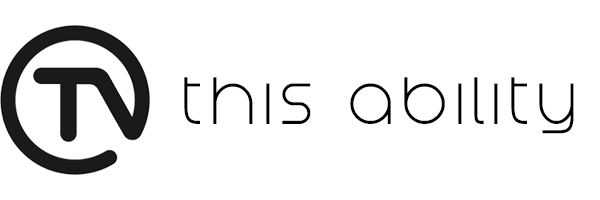Recently I’ve been thinking about my experience with employment since my injury and I’ve come to realise how much of a sense of fulfillment work gives us. It’s now recognised that working has health benefits adding to self-worth, self-esteem and a feeling of self-reliance.
After my accident I prioritized finding a job, and almost one year after incurring my disability I re-entered the workforce. My employer at the time of the accident, a multi-national healthcare company, was excellent in aiding me to get back to employment. They did this in a number of ways. They transferred me to a different branch (closer to where I now resided), they reallocated me with a post more in line with my subsequent abilities, they made some essential changes to my place of work, and they allowed me to be accompanied by a personal assistant until I became familiar with my new surroundings.
I was one of the lucky ones- a significant employment gap between disabled and nondisabled people remains, along with the poverty that generally accompanies disability. In Ireland, a person with a disability is just over half as likely to be employed as a non-disabled peer, according to a new study published by the Irish Business and Employers Confederation- Ibec. This is half the European average. The gap between the employment rate for those with and without disabilities is also the second widest in the EU with unemployment rates slow to change for individuals living with a chronic ailment.
A big player in independence is your ‘financial resources’ with poverty and independence closely intertwined. This is an invisible community, who for the most part are suffering in silence as they try to cope with the day-to-day struggles. Improving employment opportunities for people with disability is a critical element for enhancing the quality of life for individuals and their families, but there are also substantial gains for organisations and the broader economy. However, for the person with the disability the loss of a medical card and the cost of assistive technology are two potential reasons making it prohibitive to take up employment.
Even though for the most part I have been lucky with regards to securing employment, I have also had a few negative experiences. One such was being told by a person specially trained to help disabled people find suitable jobs that “it would not be worth an employer’s time to employ you”. This disability employment adviser was and is a member of the social welfare office in my area and despite his invaluable advice I have obtained several paid roles in the past three years. His attitude towards disability was most definitely not leading the way but lagging. This staggering negative perception and attitude around disability is what prevents employers from hiring disabled people and this needs to be addressed. Unfortunately, people with disabilities are still seen as incapable, with stigma surrounding mental aptitudes and ability still existing. In 2021, disability discrimination should have no place in our society, including our work environments.
640,000 people in Ireland have a disability with 70 percent of working age people in this cohort having acquired that disability during their lifetime. From my own personal experience, I believe there is too little guidance, support and training available to help those with long-term conditions re-enter the workforce and once again the myriad initiatives designed to lift people out of isolation and segregation fall short. The system prevents so many disabled people from joining or re-entering the workforce and becoming independent due to the challenges that exist. These range from the guidance received during education about subjects and careers, through to the availability of opportunities. This can create a mentality that there’s little disabled people can add to the state: instead, they remain a stigmatic liability due to their disability. Work opportunities need to be given and barriers need to be overcome. Society should stand behind people who are different by way of physical or intellectual needs and actively empower them. The government needs to directly help potential employers and medical professionals work together to get people with disabilities into employment. One of the first places the government could start is by addressing concerns over costs and potential risks of employing a person with a disability and consequently the negative perception of what may be involved in reasonable accommodation for all. Employers need to take a positive approach to disability and offer interviews to all disabled applicants who meet the minimum job criteria. Further schemes must provide essential finances towards the cost of assistive equipment at work and/or travel expenses. Only by making the necessary changes we can ensure an equitable society for all.
I leave you with this last thought; Do you think enough is being done to promote diversity in the workplace, when thinking about disability in particular?
